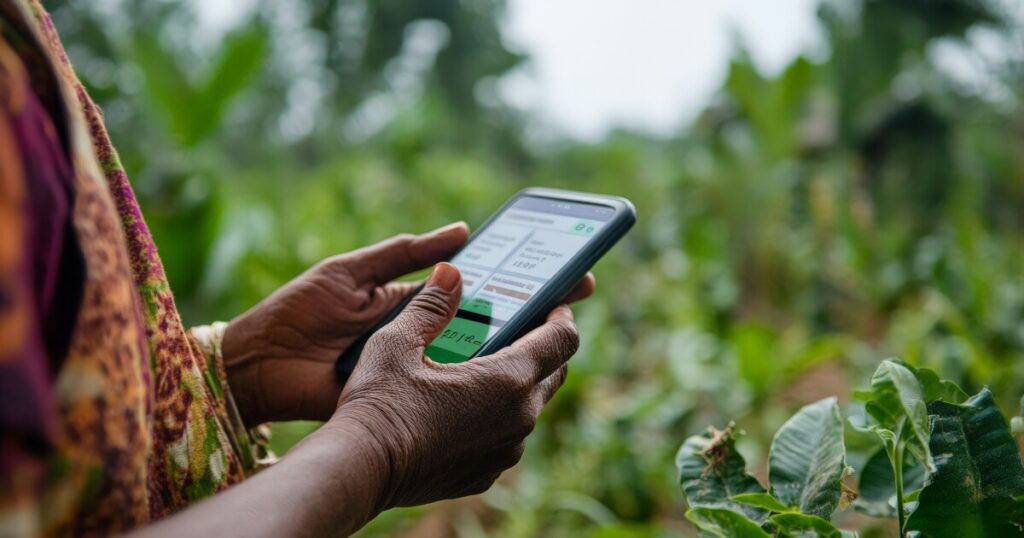Technology is the catalyst for a global expansion of financial inclusion

Expanding financial inclusion through technology will unlock economic potential, empower women and marginalized groups, and boost economic activity, writes Camilo Atala, of Grupo Financiero Ficohsa.
Adobe Stock
When world leaders gathered at the United Nations General Assembly 2024 last month to address global challenges, financial inclusion was an important topic of discussion. Leaders from governments, corporations and international organizations explored how to bring billions of unbanked adults into the formal financial system — an urgent issue for regions like Central America. According to the World Bank, around 1.4 billion adults globally do not have a bank account. This staggering figure underscores the magnitude of the challenge. However, technology is emerging as a powerful tool to expand financial inclusion, helping lift millions out of poverty and ensuring long-term prosperity in the region.
Financial inclusion — providing individuals and businesses with access to affordable financial products and services such as transactions, payments, savings, credit and insurance — is essential for economic development and poverty alleviation. Expanding financial inclusion through technology will unlock economic potential, empower women and marginalized groups, and boost economic activity. Access to financial services encourages individuals to save money, which can be invested in education, health and entrepreneurial activities, fostering economic growth. It enables people to manage risks and smooth consumption, reducing their vulnerability to economic shocks. And when more people participate in the formal financial system, economic activity increases, leading to higher productivity and growth.
In Central America, where economic disparities are pronounced, expanding financial inclusion through technological advancements holds great promise. With access to financial services, people can save for the future, invest in education and businesses, make and receive payments, and take out insurance to manage financial risks. This enhances personal financial security and promotes broader economic stability.
Moreover, when entrepreneurs have access to credit, they can fund new ventures, purchase necessary equipment and hire employees. This stimulates local economies and creates a multiplier effect, wherein increased business activity leads to more jobs and higher incomes for communities. As local economies thrive and job opportunities grow, migration pressures ease, helping to stabilize communities.
Thankfully, technological advancements, particularly in mobile applications, are transforming the financial landscape. Mobile phones equipped with banking apps make it possible for people to access financial services anytime, anywhere. Investment in these digital services is essential to ensuring that more remittances — sent by those working abroad — are funneled into formal bank accounts rather than cash. By offering a convenient and secure way for people to store money and make transactions, digital wallets provide accessible, user-friendly platforms that empower individuals to participate more fully in the economy. Mobile-based digital wallets and online banking platforms also enable customers to perform a wide range of banking activities remotely, reducing the need for physical branches and making banking accessible to people in remote areas.
As highlighted in discussions at UNGA 2024, financial inclusion is not just a lofty goal; it is a necessity for equitable economic development and is aligned with the United Nations Sustainable Development Goals, or SDGs, which underscore the importance of financial inclusion in fostering innovation, creating jobs and reducing inequalities. But we can and must do more. Governments and financial institutions must prioritize investment in digital infrastructure — especially mobile networks — in underserved regions like Central America. Access to mobile banking platforms is the fastest way to bring financial services to rural and isolated populations.
We need more public-private partnerships to drive innovation and deliver affordable, accessible financial products. These partnerships should target women, rural entrepreneurs and marginalized communities. Studies show that financial inclusion for women leads to greater economic empowerment, reducing income inequality and improving household financial stability. By focusing on marginalized groups, we can create a more resilient, inclusive economy. Ensuring the security of digital financial platforms is critical to building trust. The UN and member states must promote global cybersecurity standards and create frameworks for cooperation in tackling fraud and data breaches. Governments, NGOs and financial institutions must commit to scaling financial literacy programs, particularly in developing regions. Empowering individuals with the knowledge to effectively use financial services is a key step in the success of financial inclusion efforts.
There must be more support for small and medium-size enterprises, or SMEs — the backbone of developing economies — including micro-finance solutions and access to credit. And remittances — also vital to economies like those in Central America — would benefit from government policies to assist the flow of money going into formal financial channels.
As we look ahead, it is imperative that governments, private companies and civil society continue to push for innovation and collaboration. It is only through coordinated and sustained action that governments, private companies and civil society can build a financial system that is truly inclusive and leaves no one behind.



